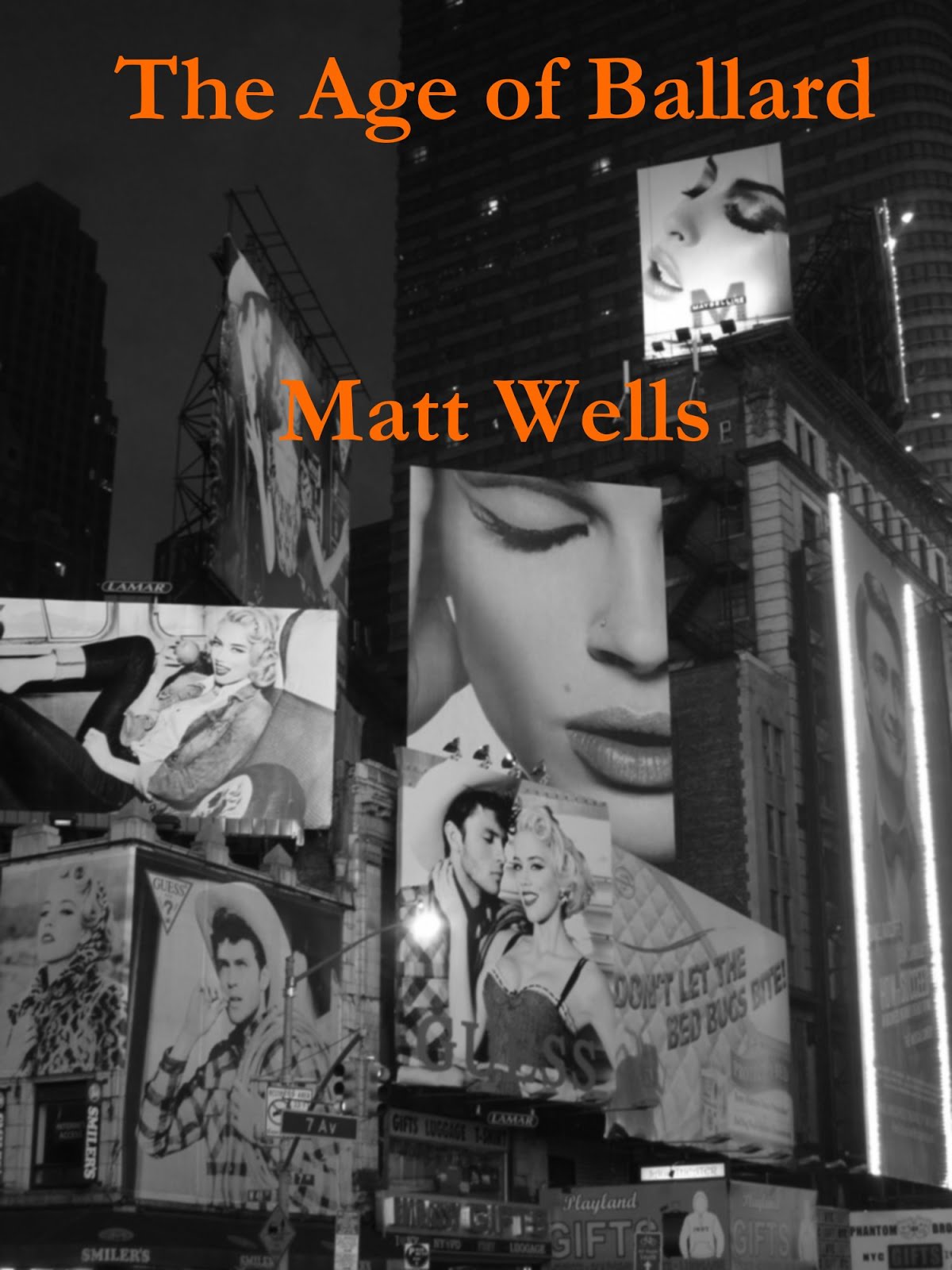An excerpt from “The
Rest Is Clamor: An Oral History Of The First Production Of Hamlet.”
[Interviewees:
Cuthbert Burbage, Richard Burbage, Henry Condell, Sander Cooke, Richard
Cowley, Michael Drayton, William Ecclestone, Susanna Hall, John Heminges, Ben
Jonson, Judith Quiney, Anne Shakespeare, and Nick Tooley.]
HEMINGES:
There were 25 in all, if I remember aright—25 clauses in the First Globe
contract.
CONDELL: We
called it the Century Contract, because it was signed 1n 1600 once the Globe
had been built. As opposed to the Fire Contract, which had over 50 clauses in
it.
TOOLEY: The more the Burbages took over the company,
the more they talked through their lawyers.
RICHARD BURBAGE: I’ve heard players refer to the Century
Contract as the First Globe Contract, and I always correct them. “First Globe
Contract.” As if we expected there to be a second one. It’s like walking out of
your wedding and saying “I’d like to introduce you to my first wife.”
CUTHBERT BURBAGE: Item the 23rd from the First Globe Contract
reads thusly: in the event of any lost, destroyed, misplaced or damaged
manuscripts, books or prompt-books, upon which the company of players relies
for its existence and livelihood, replacement copies will be appropriated from
the libraries of any and all sharers who possess fair copies of said books,
manuscripts, and prompt-books.
COOKE: And that phrase “any and all sharers,” well
didn’t we all know that meant no one but Shakey? I mean who else had copies of
everything?
ECCLESTONE: For the last 25 years, Shakey was the company
scrivener. He copied out all the sides, he created all the prompt books. And
got well-paid for it, too.
COOKE: He was also in charge of the library. Holinshed, Plutarch, Ovid, that Italian
tale-teller whose name I can never remember. He would buy one copy for the
company, and a second copy for himself.
Usually at a reduced rate.
JONSON: Born haggler, that man. Sweet as honey till
it comes to money, as Will Kempe used to say.
HEMINGES: So
here’s the setting on the morning of the
29th of June 1613 . The promptbooks are all up to date. This
includes the latest version of Henry V, which has the Essex reference switched
out for a James reference; the 1612 version of Love’s Labor’s Lost, which is
now full of jokes about current poets instead of the Raleigh circle; the full
script of Macbeth; all the plays that
had been revised for the first two James Christmas seasons of 1604 and 1605;
all the touring scripts; and all the comedies that had been rewritten for Armin
when he replaced Kempe, and Jemmy Fletcher when he replaced Armin.
CONDELL: And that full six-hour version of Hamlet, with
all the scenes which had ever been done on tour, or done for the Queen,
including the Essex references she took great issue with; and then done again
for James.
HEMINGES: By
sunset they were all ash. Thanks to a spark from a cannon shot during that
afternoon’s performance of All Is True.
TOOLEY: The next day there’s a “What the fuck do we
do now?” meeting of the sharers. Which, because the Burbages owned half the
company’s shares, was really a “You’re going to do whatever the fuck we say”
meeting.
CUTHBERT BURBAGE:
It was decided that we would relocate to Blackfriars, which was the only performance
option open to us, while we financed the rebuilding of the Globe.
TOOLEY: The operative word being “we.” Because of
Item the 30th in the Century Contract, the cost of any and all renovations or
repairs to the theatre were to be divided up equally among the sharers, based
on their number, not their percentage of shares. Which meant that, instead of
paying half the amount, the Burbages would only have to pay one-seventh each.
JONSON: And none of the sharers looked kindly on that.
Bad enough the Men had been run like a Burbage fiefdom since 1600; worse that
every play they commissioned had to give Richard Burbage the biggest part,
three soliloquies at least, and then a half hour Act Four break where he
vanished from the stage to rest up for his mandated Act Five explosions. But to
then act as if the Burbages were one among equals instead of the lords among
servants, that was too much.
HEMINGES: The Company almost disbanded then and there.
RICHARD BURBAGE: I will not say they were wrong, but their signatures
attested to the fact that they had all agreed to that clause, as well as every
other clause in the Century Contract. This they denied so vociferously that it
was all I could do to be heard, and indeed I was well aware that while it was
an argument which I could win in court, I would lose it in this meeting. Unless
I could outflank them all.
CONDELL: He did it very craftily. He ceased attempting
to refute every argument, and indeed said nothing at all for a good ten minutes
by the clock, letting every man speak his peace--except Shakespeare, who kept
his peace throughout--and then, as the angry voices fell away one by one, and
there was a pause in the verbal battle as the army arrayed against him
congratulated itself on their apparent victory, Burbage said mildly: “We are also invoking Item The 23rd.”
TOOLEY: When he said that, when he mentioned Item The 23rd,
it completely diverted the percentage argument. Because that was when Shakey,
who hadn’t said a blessed word for the last hour, that was when he erupted like
Vesuvius.
(to be continued)
Copyright 2016 Matthew J Wells




1 comment:
Fascinating! I'd like to hear what Pete the Parrot has to say about this
Post a Comment